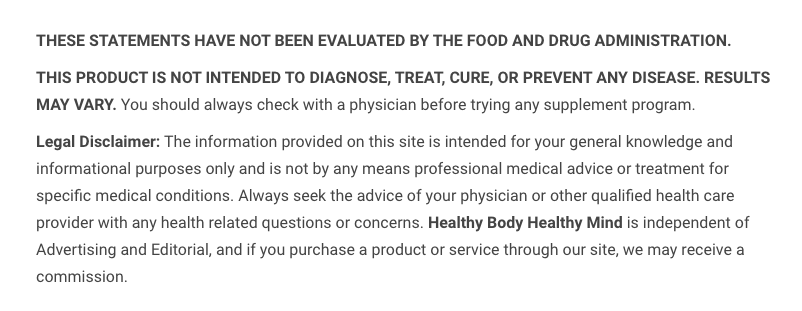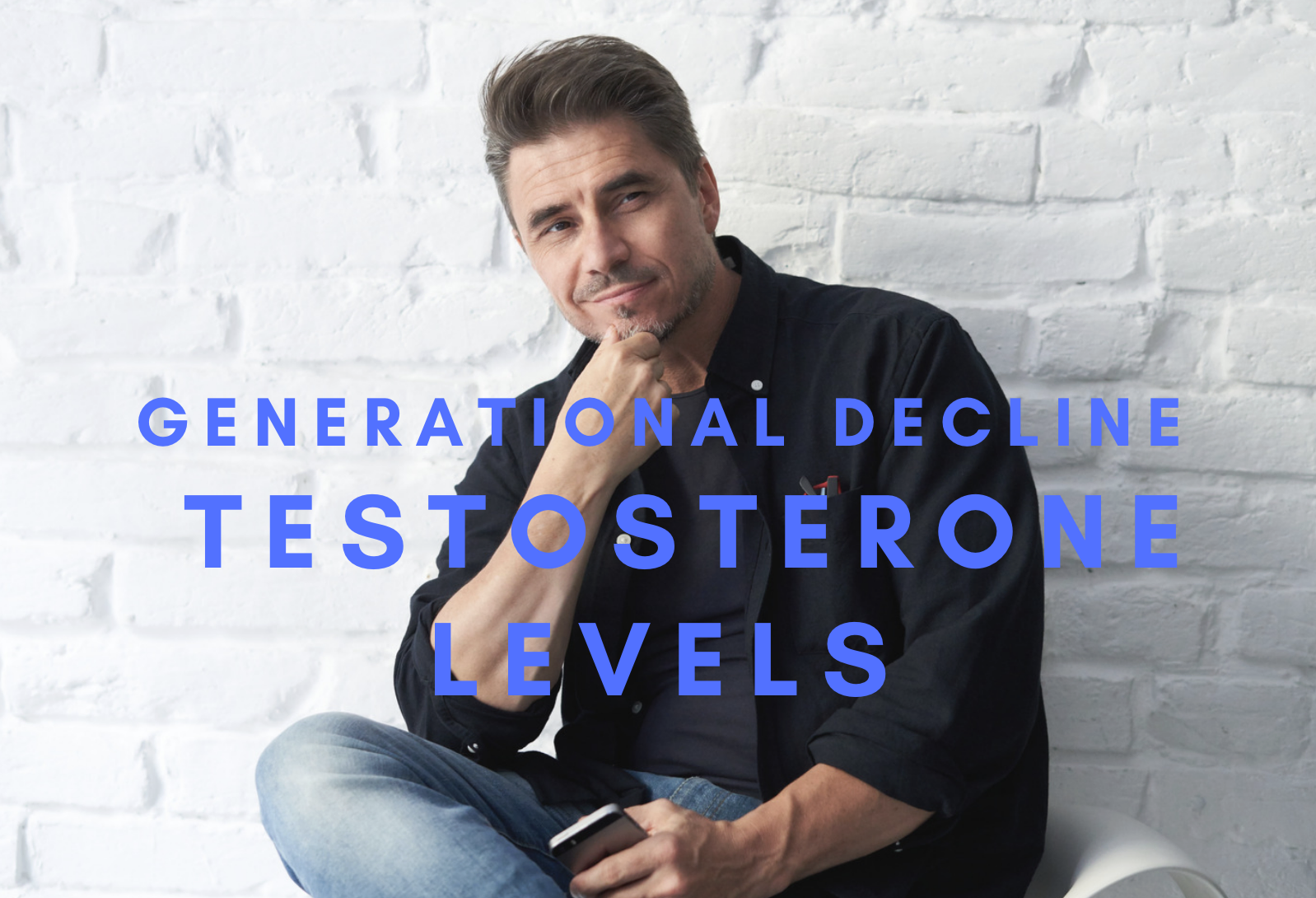One of the latest studies in the Journal of Clinical Endocrinology and Metabolism has concluded that testosterone levels in men have steadily declined over the last two decades.
The reasons relating to the decline are at this stage unclear, while this study has suggested that neither changes in specific health factors like smoking, obesity, or aging can explain this phenomenon completely.
Thomas G. Travison, Ph.D., of NERI (the New England Research Institutes), in Mass., the main author of this study, stated that the serum-testosterone levels in men appeared to change by generation, after taking age into account. For example, men that were aged 50 in 1988, had a higher concentration of serum testosterone when compared to men that were 50 years old in 1996. This discovery has suggested that other factors rather than age might be adding to an observed decline in testosterone over the years.
Testosterone is a sex hormone in men. This hormone plays a vital role in maintaining muscle mass and bone throughout life. When testosterone levels are low in men it is often linked to low libido, diabetes, and a variety of other types of medical conditions. In most cases, testosterone levels present in men will peak in their late 20s, where it starts to gradually decline from 30 years of age onward. Testosterone is also present in females, yet at much lower levels.
Travison along with his colleagues based this study on research and data obtained from the MMAS (Massachusetts Male Aging Study). This study is made up of 3 isolated data-collection periods which spanned over 17 years. These periods ranged from 1987 to 1989, 1995 to 1997, and 2002 to 2004. The research involved the collection of blood samples along with biographical and health data from around 1,500 men that were randomly selected. These men lived in the greater Boston area.
During the phases of this study, the blood samples were analyzed by the researchers, where the total testosterone was measured. The amount of “bio-available” testosterone was also worked out from this amount. Bio-available testosterone includes free testosterone (unbound to proteins), and testosterone that is bound weakly to proteins (mainly albumin). As the name implies, bio-available testosterone is available in the tissues in order to support different functions throughout the body.
The NERI team analyzed this data carefully to arrive at a comparison of similarly aged men during every phase of this study. After taking into account age along with other factors like medications, smoking, and obesity, it was discovered that every year, the participants' total concentration of bio-available testosterone lowered by an average of 1.2% and 1.3%, respectively.
For the men between the ages of 65 and 69 in the study, the testosterone level average decreased from 503 ng/dL (nanograms/deciliter) in the year 1988 to 423 ng/dL in the year 2003. A healthy, normal adult man has testosterone concentrations that range from 300 to 1000 ng/dL.
Travison went onto confirm that the hormone concentrations present in the blood are complex to measure, mainly caused by standard daily fluctuations. To make sure these usual changes didn't impact the results, at every visit, 2 samples were taken, and every sample was taken in the early morning, as testosterone levels are at the highest at this time of the day.
At the same time, each MMAS data-collection period used the exact same technology and one laboratory to study the blood samples of the subjects. Travison did admit that technology and time march on, which makes it impossible to totally rule out the influences of slight changes in the methods that were used to process and obtain the samples. Yet, he also stated that the results they obtained were regarded as consistent across different phases of this study.
The researchers showed that even though the current health of each subject was accounted for as a part of this analysis, some environmental or health influences are impossible to take into account that might have had an impact on the testosterone levels of the subjects before enrolling with the study.
This study dealt with males that were born between 1915 and 1945. Yet the baseline data was not collected until the late part of the 1980s. The elder of the subjects was then around 70 years old, while the youngest was around 45. The events that occurred in the earlier decades may help to explain their results if the effects carried on into more recent years. Travison states that it could also be a possibility that unmeasured and current environmental or health factors may be the main cause relating to these observed declines. The researchers have cautioned that independent studies and research are necessary in order to confirm and replicate their findings.[/vc_column_text]
Why Should Men Care About Declining Testosterone Levels?
For males themselves, a decline in testosterone levels often results in reduced fertility, lowered sex drive, increase in body fat, decreased muscle mass, mood swings, reduced memory, and more. When it comes to society, these implications are regarded as far more dire.
Some scientists and researchers have proposed that a drop in testosterone levels might be related closely to lowered sperm counts, which have been decreasing steadily over the past 4 decades. This accounts for a sharp decrease of 59% between 1973 to 2011, according to an examination of 185 studies that involved over 40,000 men.
Dr. Hagai Levine, a renowned epidemiologist highlighted in Newsweek in 2017, that reproduction is regarded as the most vital function of all species, and that there is something extremely wrong in human males.
There are countless explanations that indicate why testosterone appears to be decreasing in such a measured way between generations, yet scientists are still struggling with which of the variables accounts for the most blame. Some scientists have indicated an increase in obesity rates, while others point to lower smoking rates in men (which ironically should lead to lower testosterone levels). Others allude to certain environmental factors that include different chemicals which could be acting as an endocrine disrupter, which results in testosterone levels that are below average.
Anthropologists at Harvard University, have discovered that testosterone levels in men decrease dramatically when they hold an infant. At the same time, married men, which includes fathers or those that are not fathers, have testosterone levels that are markedly lower when compared to single men. Experts have explained that this trend, when taking a biological timeline into account, actually makes sense. A decrease in testosterone levels, along with lowered competitive “mating behaviors” is compatible with the stability associated with home life. However, fewer younger males of today are either parenting children or are married when compared to the previous generations, which means that this cannot be the main overall trend. Yet it might be related to males mimicking behaviors that are more feminine.
Conversely, multiple studies have revealed that participating in behavior regarded as “traditionally masculine” such as aggressive or competitive activities, can contribute to increased testosterone levels. For example, one of the studies conducted at the University of Michigan at Ann Arbor suggested that the simple act of assuming a powerful position often increases testosterone levels in both males and females. Another similar study discovered that competitive activities or games also help to increase testosterone levels present in men. (Check out the guide on HGH supplements)
As the discussion above indicates, having too little or too much testosterone can be undesirable from a societal and individual perspective. Yet, shaming “traditionally” masculine behaviors that are most commonly linked with maintaining testosterone levels also seems potentially dangerous and especially foolish. There can or should be a healthy medium that highlights the significance of males that seek emotional support and advice when they need it without shaming or criticizing the behaviors that are required to sustain our society.
Scientists are still not struggling with the exact reasons behind the trend of a generational decline in testosterone levels, yet there are still theories that might explain this dramatic reduction across all the different aged groups. The main ones include:
- A culture which is not as masculine as it once was
- An increase in indoor temperatures
- More sedentary lifestyles
- A decrease in the careers that require manual labor
- Increasing exposure to different environmental toxins
What Does Declining Average Testosterone Mean For Men?
Testosterone is not only the main sex hormone but also the feel-good hormone in males. It is also responsible for helping men to stay mentally sharp, energized, and physically fit. Low testosterone levels are also linked to an increase in the risk of specific health issues including heart disease, obesity, high blood pressure, and more.
Testosterone will start to decline naturally with age until it eventually reaches a stage where a man starts noticing symptoms like muscle loss, fatigue, insomnia, weight gain, lowered sex drive, memory loss, hair loss, and other issues linked with aging. With testosterone level averages declining, males are more susceptible and likely to start developing symptoms associated with low testosterone at a younger age. Today it has become common for males to start needing low testosterone treatments in their 30s and some cases even in their 20s.
Some popular supplements to help with the decline of testosterone include: Hunter Test, Testo-Max, Nugenix, and Max Performer.
Treatments For Low Testosterone Levels
Doctors usually order blood tests in order to determine testosterone levels in their patients. This test may be tested over the course of the day in order to detect changes. Combining these results with the health history of the patient, the results from a physical examination, and other tests if necessary, the doctor will usually be able to determine whether low testosterone levels are the underlying cause. From here doctor can recommend a treatment plan.
One of the common treatments often prescribed includes hormone-replacement therapy. This is a treatment that is either administered through an implant, injections, a gel, or a patch. However, hormone therapy is also known for causing side effects, while the long-term risks are still unknown.
Supplements And Herbs For Low Testosterone
Another popular and safer option for men with low T is to use supplements. Common herbs, amino acids, and vitamins that are known for helping to increase testosterone include:
Ginger
Vitamin D
Zinc
Tribulus Terrestris
D-aspartic Acid
Maca
Magnesium
Fenugreek
Promoting Testosterone By Adopting Healthy Habits
It is important not to forget how important lifestyle, exercise, and diet contribute to the production of testosterone. As far as diet goes, sugar intake should be limited, and healthy fats should be included. When it comes to exercise and lifestyle, men should be incorporating weight training, along with stress-reducing techniques like meditation, acupuncture, or journaling.
As a society, it has become apparent that we have reached a critical crossroads in association with testosterone, which therefore also relates to the health of men in general. In the way of continuing to observe testosterone levels along with taking active steps that support how this important hormone is produced, we may be able to make changes to these undesirable recent trends.











Leave a reply